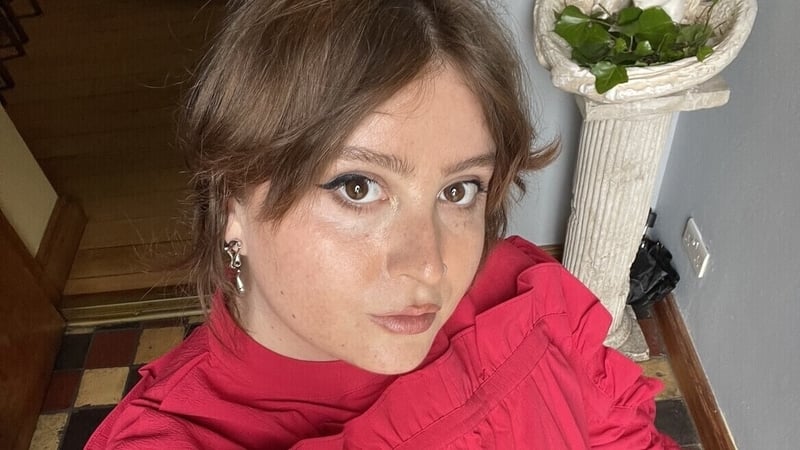Sarah Magliocco writes about embracing her sexuality and coming out to her family at a later stage in life.
I began to suspect that I had an attraction to other women when I was around 17, which was deeply confusing because I knew I liked guys, too.
Looking up variations of the term, 'I like girls and guys' online brought up millions of pages, from the expectedly obscene to other, more reassuring articles about bisexuality. However, growing up in a relatively conservative school in a small to medium sized town meant that the information I had gleaned about myself was held, sacrosanct, inside.
Any bit of media about queerness or bisexuality that came my way, I ravenously devoured. From the episode of Buffy the Vampire Slayer where Willow comes out, to Dr. Callie Torres’s bisexuality storyline in Grey's Anatomy.
Deeply detailed ‘Am I Gay’ quizzes were filled out dutifully - I occasionally wonder where that data is now.
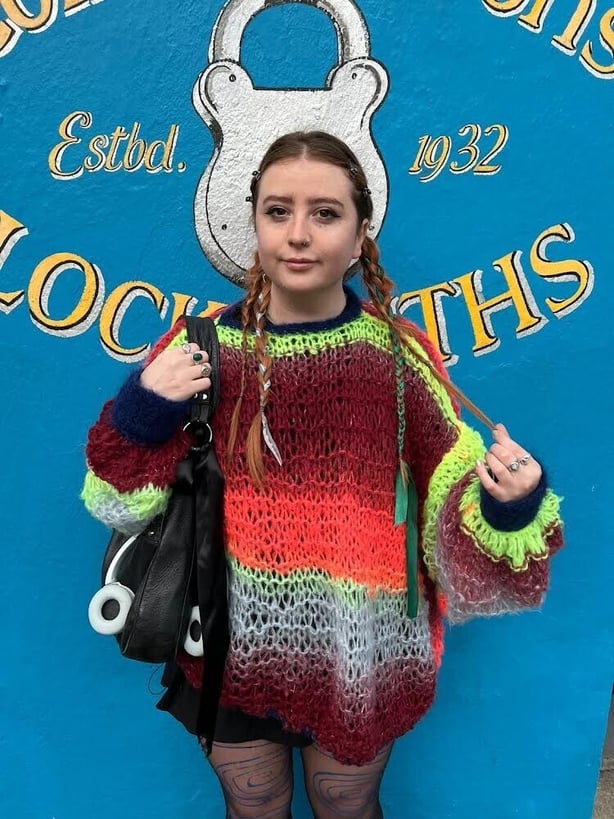
I had friends around me who were open about their varying sexualities, but it wasn't something I felt able to do at the time. Despite having incredibly supportive best friends, I couldn’t share this spark of newly minted identity with them, or anyone.
My early dalliances with members of the same sex were written off as performative or meaningless, just a silly drunk moment or else sullied by the cheers of men in the surrounding area of whatever pub smoking area we had sequestered ourselves to.
When I thought I might like another woman, I would write it off inside my head. 'I’m not really attracted to her, I just love her outfit. I don’t actually want to kiss her, I just wish I had her confidence. This isn’t an actual crush, I just want to make her laugh because she’s cool.’ The clues were all there but the detective was simply not in the building.
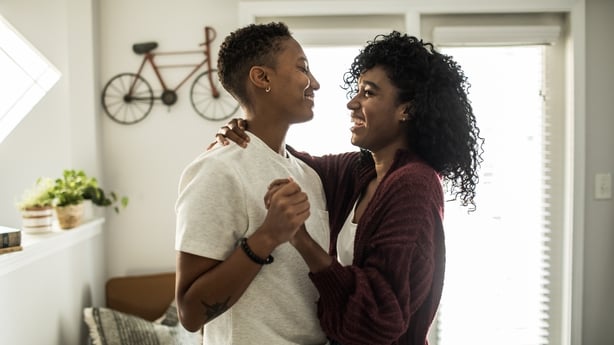
University meant moving away to Dublin, and having a little bit more freedom to move through the world with anonymity, loosening the strings of self-consciousness that can come with living in a town with limited degrees of separation. The turmoil over emerging feelings for women began to lessen, as I visited spaces that were safe for LGBTQIA+ people and danced night after night away in the queer clubs of the capital, and saw how no one batted an eyelid at or grossly sexualised women coupling off together in these places.
The streets of Dublin are, of course, another story, with incidents of homophobia ongoing despite how far we have come in terms of acceptance. But in these clubs and bars, lit by the dappled sparkles of a disco ball revolving overhead, I didn't have to worry about figuring out if I liked guys or I liked girls. I could date anyone of any gender identity, and accepting that realisation was a relief.
Coming out is a rite of passage that we associate with the young. Figuring out who you are and who you have the capacity to love is an experience played out in teen dramas, novels and more, with teenagers coming out to their parents as they figure out who they are.
Truly knowing yourself and your life’s direction is something you’re expected to establish over the course of your formative years, whether that is choosing a college course or moving from 'just a job’ into a career, and there can be an expectation that you will know your sexuality in the turnover from teen to young adult.
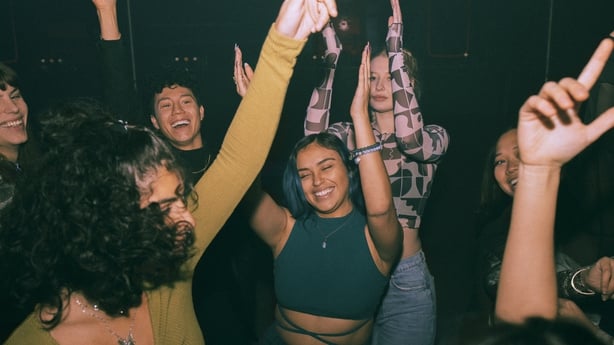
While I had pretty much sussed out that I was bisexual by the time I legally became an adult, and was able to live my life freely as a queer woman by my early 20s, it wasn't until recently that I shared that part of my life with my family. I had casually come out to friends over the years, always to a positive and supportive response, but when it came to family, I felt I wanted to 'be sure' before saying anything - despite being sure for over a decade.
It was difficult to share this part of my life with the people who love me the most, know me the best, and after being so casual among friends about my love life, telling my family felt like the coming out moment depicted in TV shows and described in YouTube 'My Coming Out Story' videos - except I was a little longer in the tooth than most.
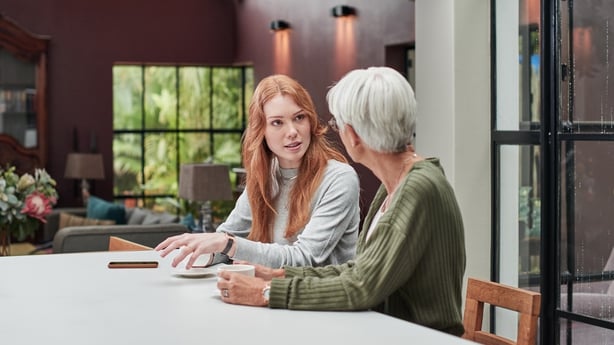
Ultimately, I never want to live with any regrets, but it did not come without difficulty. I wonder if I had managed to put words to my feelings at 20 instead of nearer to 30 would things have been easier. There’s an old phrase that says ‘the best time to plant a tree was twenty years ago. The second best time is now,’ and I ask myself how different things might be now if there was a vast expanse of time lapsed between an early coming out and my present. There were clumsily uttered queries and misunderstandings along the way, but ‘the second best time is now’ rings true for me.
No doubt, there will be more tough conversations, more awkward explanations to be fielded as my life-long journey of learning myself continues to unfold. For example, bisexuality was what I identified with for a long time, now I wonder would the broader and positively reclaimed title of queer suit better.
But regardless of where I fall in the expanding list of descriptions for our human capacity to love, 'Pride' now feels like a literal concept for me.
The views expressed here are those of the author and do not represent or reflect the views of RTÉ.
If you have been affected by issues raised in this story, please visit: www.rte.ie/helplines.
